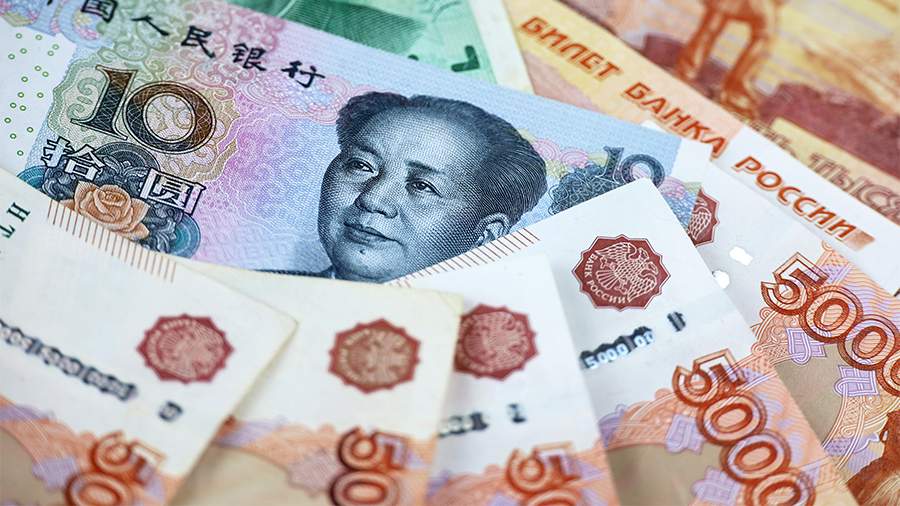
Siluanov said that Russia is ready to help BRICS countries create blockchain payment system
By Rhod Mackenzie
During the meeting of the finance ministries and central bank governors of the BRICS countries in Sao Paulo,the Russian Finance Minister Anton Siluanov stated that Russia is prepared to assist the bloc countries in creating their own payment system. This system will be based on new principles, primarily blockchain, and will make payments more transparent and cost-effective. He noted that the current system, based on the Western financial infrastructure and reserve currencies, has fundamental shortcomings. It is increasingly being used as a tool for political and economic pressure.
On the Russian side, steps have been taken to implement the proposed system. On its third reading, the State Duma passed a law allowing the use of digital financial assets (DFAs) in international payments. The law permits the use of DFAs as a counter-representation in foreign trade agreements between residents and non-residents.
Digital financial assets are a distinct class of financial instruments created using distributed ledger technology, also known as blockchain. It is assumed that this will speed up transaction execution and automate similar transactions based on smart contracts. For instance, rights to financial liabilities, tangible assets, and shares in a company can be registered as a DFA. DFA may also include utilitarian digital rights, such as the right to the results of intellectual activity. The law regulating the issuance and circulation of DFA (259-FZ) was adopted in 2020. Only Russian legal entities included in the relevant registers of the Central Bank can operate as DFA exchanges. Currently, PJSC Moscow Exchange is the only exchange operator in the register.
Anatoly Aksakov, head of the Duma Committee on the Financial Market and one of the authors of the new law on the use of digital financial services in international payments, stated that the new initiative will facilitate more active collaboration with allied nations.
According to Alexander Dmitriev, the Head of the Security Department at the Presidential Academy in St. Petersburg and a Doctor of Economic Sciences, this initiative will assist domestic exporters and importers in overcoming the negative effects of sanctions imposed by Western states, particularly in terms of international settlements.
It is worth noting that the implementation of this new law does not affect the status of cryptocurrencies in any way. Amendments are being made to the current legislation to allow cross-border settlements using only digital financial assets, except for foreign virtual assets. The list of eligible assets is presented in Article 1 of Federal Law No. 259 and includes monetary claims, the possibility of exercising rights under equity securities, rights to participate in non-public joint stock companies, and the right to demand the transfer of issue-grade securities. Alexander Dmitriev emphasizes that cryptocurrencies are not included in this list as they are not a type of digital rights, have no issuer with obligations to investors, and operate in an unregulated market, significantly increasing the risks of bankruptcy and fraud.
It is important to note that the approved amendments only consider the relevant infrastructure within Russia. For DFAs to effectively facilitate foreign trade, they must be recognized by partner countries and have a consistent legal status. Additionally, both parties involved in a DFA transaction require the necessary technical and software infrastructure to enable the transactions to take place.
